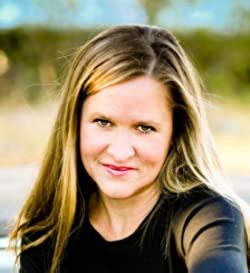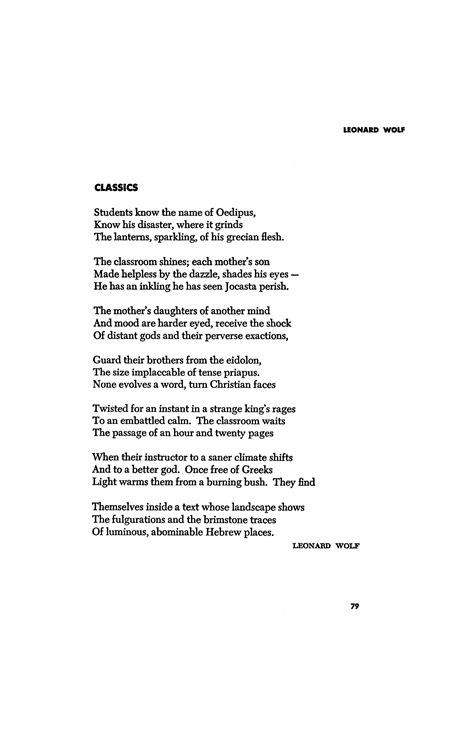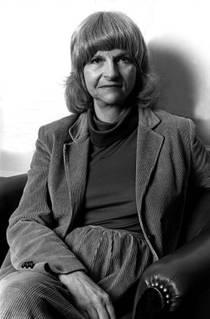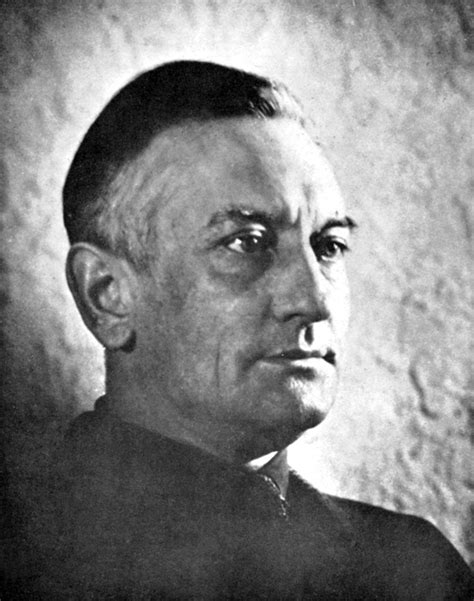A Quote by S.A. Bodeen
It's easier to revise lousy writing than to revise a blank sheet of paper.
Related Quotes
I guess the thing I would say most fervently is that your original impulse to write something is an impulse you should trust, and that if it doesn't work on the first draft, which it hardly ever does, the commitment to revising ought to be something you embrace really early. And to revise and revise and revise.
I was blown away when I figured out that none of the great integrative moves that I studied came as a result of starting with a blank sheet of paper - as many innovation coaches suggest. Integrative solutions came directly from mining the existing models for the best of their nuggets. So I never start with a blank sheet of paper anymore.
One great aim of revision is to cut out. In the exuberance of composition it is natural to throw in - as one does in speaking - a number of small words that add nothing to meaning but keep up the flow and rhythm of thought. In writing, not only does this surplusage not add to meaning, it subtracts from it. Read and revise, reread and revise, keeping reading and revising until your text seems adequate to your thought.

































